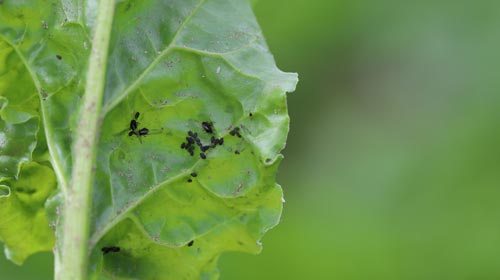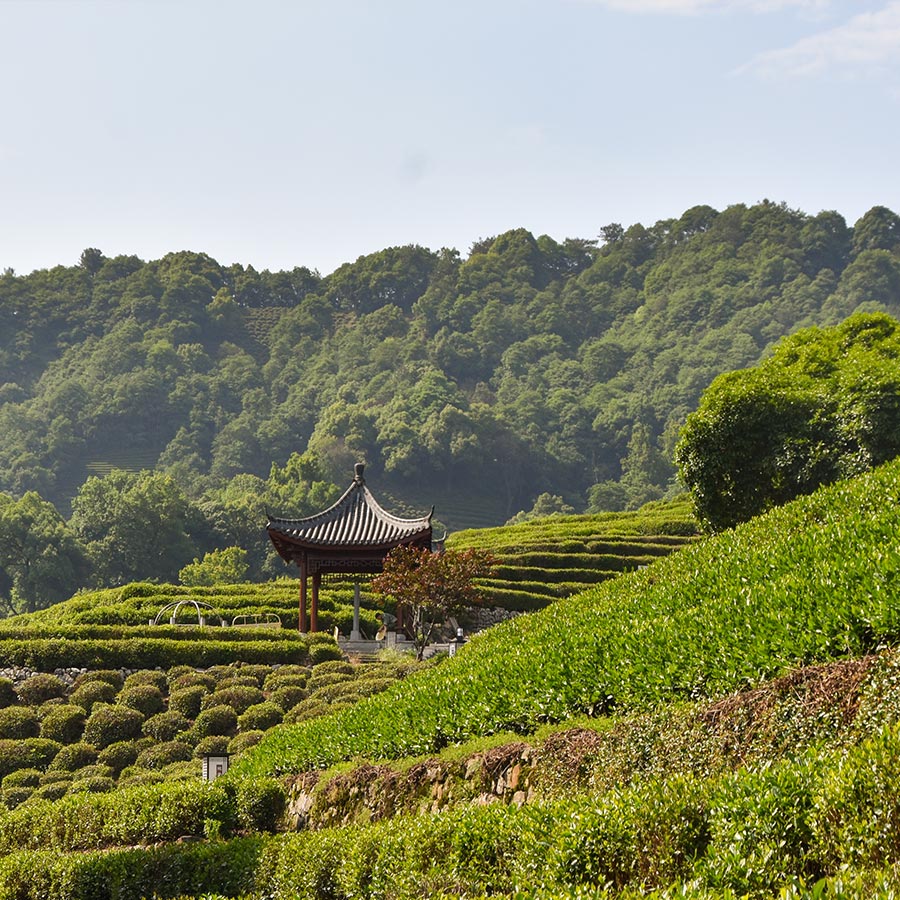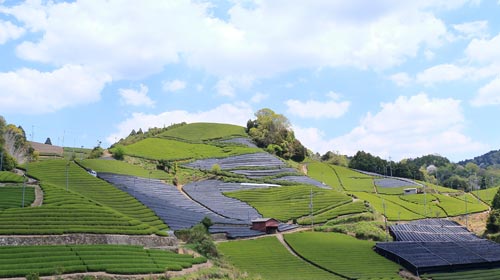Anyone out in the garden will encounter them sooner or later: aphids. Few other insects are as controversial as they are. For some plant lovers, they're a complete nightmare; for others, they're an important component of a healthy ecosystem. But what exactly makes aphids so special? Who are they beneficial to, when do they become harmful, and how can you deal with them naturally? Let's dive in together!
Aphids – useful inhabitants or dangerous pest?
Aphids (Aphidoidea) are tiny plant-sucking insects that can reproduce rapidly. There are over 3,000 species worldwide, about 850 of which are found in Central Europe. While they are known as pests, they also play an important role in the food chain. Many animals, such as ladybugs, lacewing larvae, hoverflies, and birds, depend on aphids as a food source. Without aphids, numerous beneficial insects in the garden would simply starve.
In small populations, aphids therefore contribute to ecological balance. However, in mass infestations, the equilibrium tips: Plants suffer, shoots become stunted, and their sugary honeydew creates ideal conditions for sooty mold fungi—a real stress factor for any plant.
Harmfulness: When it becomes critical
A few aphids on young shoots are often no cause for panic. Things become critical when:
-
Plants lose their growth power
-
Leaves curl or discolor
-
Honeydew runs down sticky and promotes fungal infestation
-
Viral diseases are transmitted through sucking
Young plants and sensitive species such as roses, peppers, and tea (Camellia sinensis) are particularly sensitive. Therefore, it's important to intervene promptly—ideally using a gentle, natural approach.
Old methods against aphids
Even our grandparents knew how to combat aphids. In the past, they relied on simple but effective remedies:
-
Wipe off with your fingers or a damp cloth
-
Spraying with water jet
-
Ash or soapy water
-
Use of ladybirds and other predators
Chemical pesticides came later, but were controversial early on. Not only aphids, but also important beneficial insects and soil organisms suffered from these harsh interventions.
Our approach at GROWING KARMA: 100% natural pest control
Like many other tea farmers, we pursue a consistent, respectful, and nature-oriented approach. Our focus is on sustainable plant health rather than radical pest control. Therefore, we rely exclusively on time-tested natural remedies:
Nettle decoction :
A true classic! Nettle (Urtica dioica) contains valuable silica and minerals. A cold-brewed nettle extract strengthens plants and deters aphids. Just one application per week is often enough to control infestations.
Garlic broth :
Garlic (Allium sativum) contains natural sulfur compounds that aphids dislike. A homemade garlic decoction helps gently repel these little pests without harming the environment.
Horsetail extract :
Rich in silica, it supports the cell structure of plants and makes them more resistant to pests and fungi. It's perfect in combination with regular plant care.
Natural promotion of beneficial organisms :
We create habitats for ladybugs, hoverflies, and lacewings, which are natural predators of aphids. Wildflower strips, herb spirals, and small water features contribute significantly to maintaining the ecological balance.
Important scientific findings
Recent studies show that a diverse plant community in the garden is crucial for preventing aphid infestations. Monocultures, on the other hand, practically invite aphids. A colorful mix of herbs, wildflowers, and various vegetables and tea plants not only provides beauty but also protection.
Furthermore, research shows that plants under stress—for example, due to drought or nutrient deficiencies—are significantly more susceptible to aphid infestation. A balanced supply of water and nutrients is therefore essential.
A quote that inspires us
"You can't force a garden to grow, you can only help it." – This motto guides us every day at Growing Karma. Patience, respect, and a good understanding of natural relationships are the key to healthy plants.




Leave a comment
This site is protected by hCaptcha and the hCaptcha Privacy Policy and Terms of Service apply.